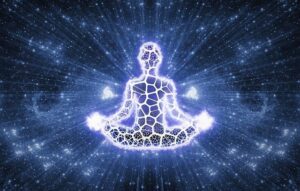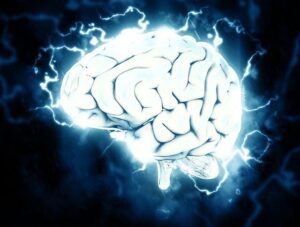
Introduction:
In a day when technology is everywhere and people lead sedentary lives, the need of regular exercise cannot be emphasized. Exercise provides numerous advantages that go beyond improving physical health, regardless of age. This article will examine the benefits of an active lifestyle and the significance of consistent exercise for people of all ages.
Promotes Cardiovascular Health:
Cardiovascular health is largely dependent on regular exercise. Globally, heart attacks and strokes are among the primary causes of death from cardiovascular illnesses. Taking part in heart-pumping activities can help lower blood pressure, increase circulation, and improve cardiovascular health in general. Including aerobic exercises in your regimen, such as cycling, running, or fast walking, can dramatically reduce your risk of heart-related problems.
Strengthens Muscles and Bones:
Keeping your bones healthy and your muscles strong requires exercise. Exercises involving weight bearing, such weightlifting or resistance training, increase bone density and growth, which lowers the risk of osteoporosis and fractures. By concentrating on muscle-strengthening activities, people of all ages—especially adolescents and older adults—can improve their overall musculoskeletal health.
Weight Management and Metabolism:
The ability of regular exercise to help regulate weight is one of its most well-known advantages. Physical activity increases metabolism, burns calories, and builds lean muscular mass. A balanced diet and regular exercise are a potent and long-lasting combination for anyone looking to lose weight or maintain a healthy weight.
Enhances Mental Health:
It is impossible to overstate how beneficial exercise is for mental health. The body’s natural mood enhancers, endorphins, are released when you exercise. Frequent exercise has been associated with better stress management, enhanced cognitive performance, and a decrease in the symptoms of depression and anxiety. Engaging in physical activity, be it a team sport, dance class, or a brisk walk in the park, offers a potent remedy for the stresses of everyday life.
Boosts Immune Function:
Maintaining optimal health and preventing infections require a robust immune system. Frequent, moderate-intensity exercise has been demonstrated to improve immune function, lowering the chance of infection and hastening the healing process. Finding the ideal balance between exercise and rest helps strengthen your body’s natural defenses against harmful effects.
Improves Sleep Quality:
Including regular exercise in your routine can be a game-changer if you have trouble sleeping. Exercise encourages deeper, more restorative sleep by regulating sleep patterns. But it’s important to schedule your workouts carefully; doing out too soon before bed can have the opposite impact. For the best effects on sleep, try to get in at least 30 minutes of moderate-intensity exercise most days of the week.
Fosters Social Connections:
Exercise is a great strategy to promote social ties in addition to improving physical health. Engaging in physical activity may foster a feeling of community and improve relationships, whether you play sports, take group fitness courses, or just go for a walk with a friend. Exercise’s social component provides still another level of enjoyment and motivation.
Enhances Cognitive Function:
Exercise has advantages for the brain in addition to the body. Frequent exercise has been connected to enhanced cognitive abilities, such as enhanced memory, focus, and problem-solving techniques. Physical activity can have a significant impact on academic achievement and overall cognitive development in children and teenagers.
In summary:
A regular physical activity-focused lifestyle is a gift to both your future and current selves. The advantages cover all aspects of health, including mental, social, and physical well-being. Exercise is an important investment in your general health, regardless of your age—a kid discovering the joy of movement, an adult juggling the demands of everyday life, or a senior trying to retain energy. Never forget that the first step, jog, or dance move is where the journey to a healthier, more active life begins. It’s never too late to start.





